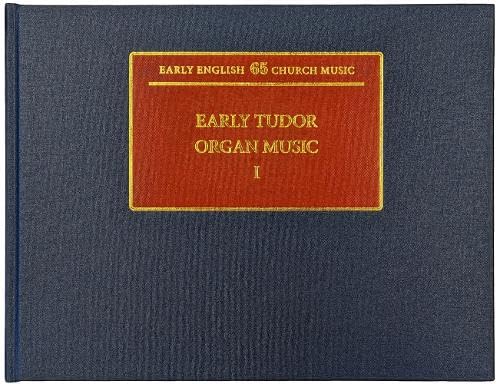Early English Church Music 65 (volume 1) & 66 (volume 2)
Edited by John Caldwell
Vol. 1: xxxvi + pp 1-206 £100
ISMN 979 0 2202 2852 0, ISBN 978 0 85249 971 9
Vol. 2: pp 207-403 £85
ISMN 979 0 2202 2853 7, ISBN 978 0 85249 972 6
Stainer & Bell Ltd
These two magnificent landscape volumes will be essential for anyone interested in this repertoire. The wealth of information presented in the introduction (xii-xxxvi in volume 1) is incredibly valuable. The main source of the music itself is British Library Additional MS 29996, with 12 secondary sources also discussed and their significance assessed. The volumes are organised by liturgical function, beginning with 14 settings of the Miserere and ending with 21 anonymous hymn settings (the last incomplete). Caldwell supplements this with music from secondary sources and three appendices (intabulations, plainchant melodies, and hymns and faburdens).
Each of the sections has a title page with critical notes on each of the pieces. The music itself is set out beautifully. Organists familiar with the style will have no trouble with the Mensurstrich-style subdivision into regular bars, and I suppose the brain adapts to final notes before the end of a piece (indicated by “pause” marks) are sustained until the end, even though they have the same note value as the “other” finals. The more I looked at the edition, the more it became apparent that it is a thoroughly annotated, modernised facsimile of the originals (except that “original barlines are not shown”). I do not fully understand the need to leave all the shorter notes unbeamed, not to add a bracketed flat for the B below middle C on the treble staff where there already is one in the bass clef (as in modern usage). I am also puzzled by some of the placements of the 3:2 indication of coloration – surely it should either be in the middle of the grouping, or at the beginning, but consistently so. I am sure, though, that anyone using these invaluable volumes will not worry about such things – they will just get on and play the music! And hurrah to that!
Brian Clark
